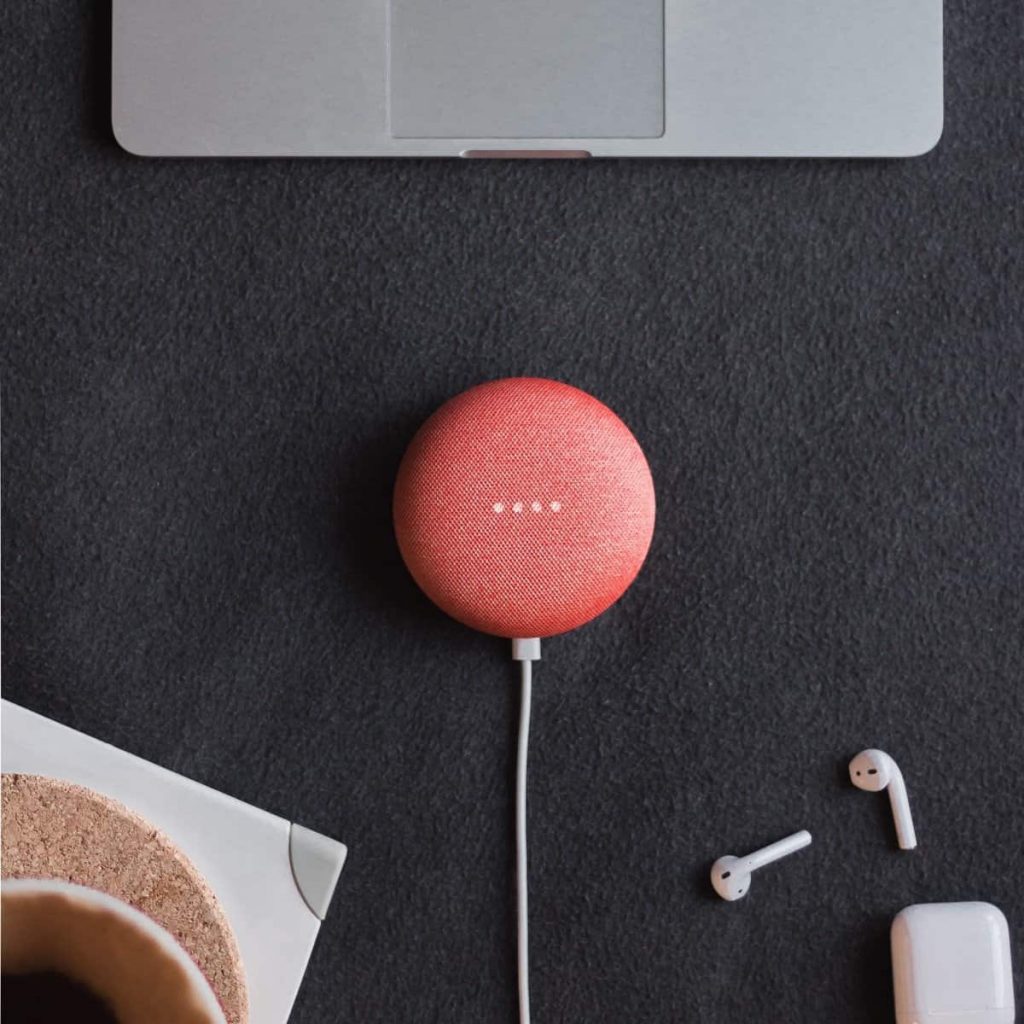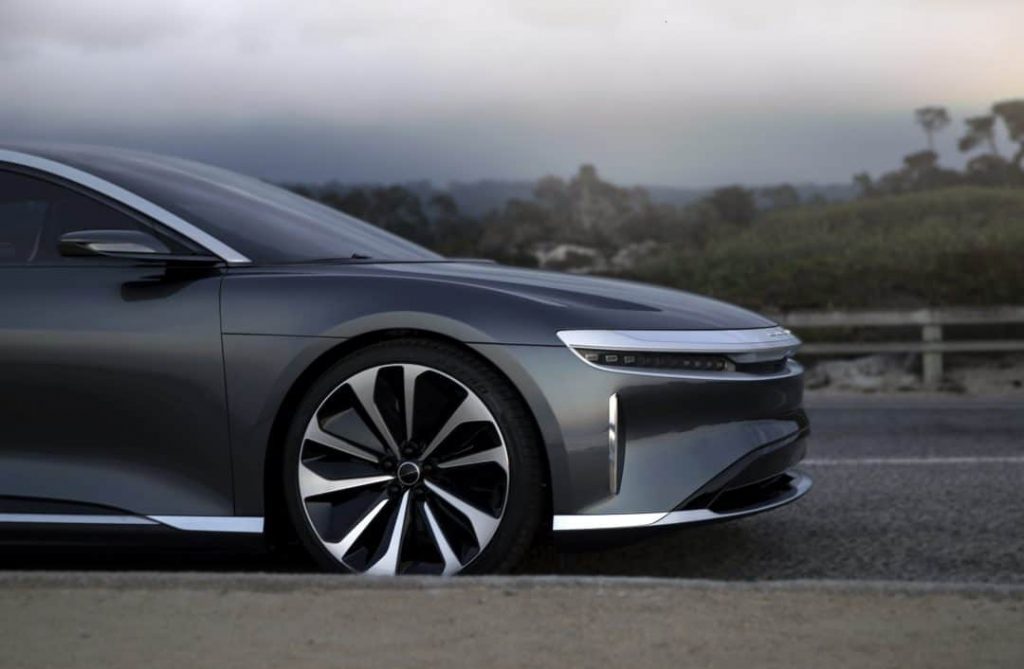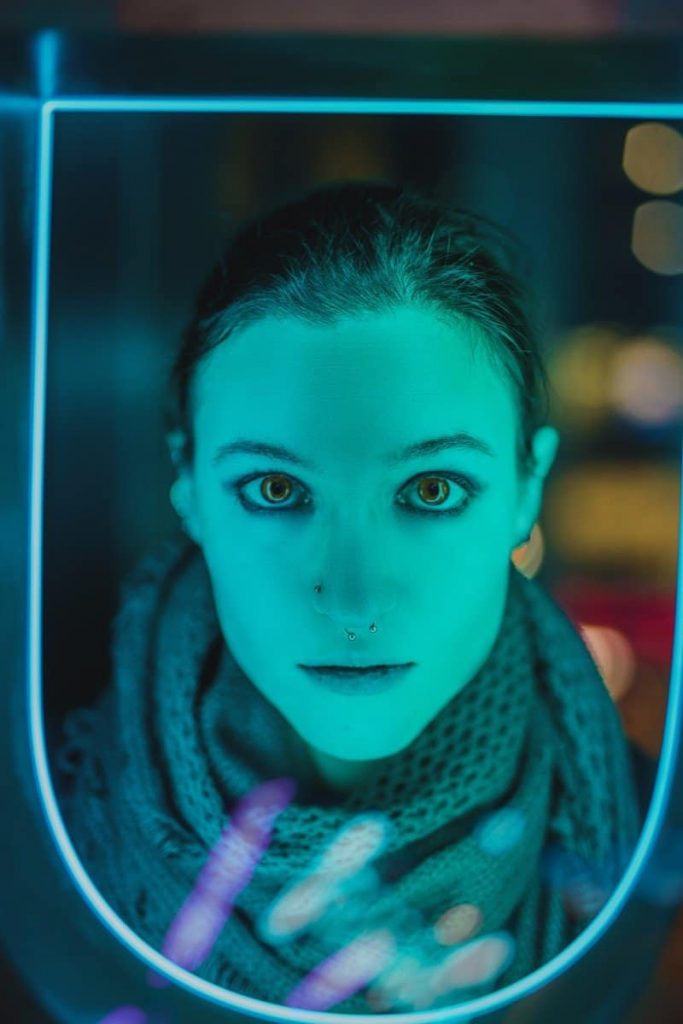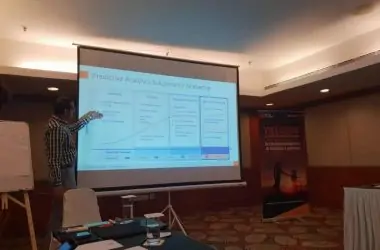When the original Blade Runner hit cinemas back in the 70s, sentient beings and the world of artificial intelligence was still firmly pitted within Sci-Fi, and the thought of having a conversation, giving orders to, or taking advice from a machine felt a very long way away.
Fast forward almost half a century, and we’re a few steps closer to the kind of AI classed as fantasy even within the last 20 years. Granted, we haven’t got psychopathic robots running around, but we’re asking Alexa to put things on the shopping list for us, and chatting with software online like we would if we were asking advice from someone over the phone. AI looks a bit different from robot-servants of the movies, but we’re entering a new era of hyper-realistic communication and actions from computers that mimic human behaviors astonishingly well.

The personal assistant is one piece of AI that is already with us and is going to get even better as more people adopt the idea of a clever computer organizing their lives. Amazon, Microsoft, Google, and Apple have all had smart personal assistants like Alexa, Cortana, and Siri on smart devices for a while now, but the talking assistant speakers that we now have in our homes could become an even more integral part of our lives.

The scope for a smart home assistant that can take orders and remind people to water the plants is one that is presenting plenty of opportunities, and more than a few organisations, both commercial and academic, are wondering just how far off we are from having a Lost in Space or Iron Man-style virtual assistant that is capable of more than just a few sentences. This is where a mixture of chatbot software, intelligent learning as displayed by Alexa, and better reactions to human emotions could turn something that relies on certain responses into something that does a little bit more thinking for itself
No matter how we look at virtual assistants, they will only ever be handy gimmicks designed to make life easier for us. So what about the robot soldiers and policemen of the future we were promised a few years ago that would keep us safe well into the future?
Well, again we’re getting closer, and it seems that intelligent surveillance is going to be more common than robot cops just for now. As well as super-smart facial recognition that is helping to catch criminals in crowds of people and algorithms that are helping to convict criminals, we’re also seeing AI being used online to catch criminals communicating over blacklisted and dark websites, but what’s the next big thing when it comes to AI helping us to stay safe?
Well, it looks like AI and smart surveillance tools are the answer for both vulnerable people who use the internet, and adults who could end up falling into scam and blackmail traps that catch people out every day. From security tools designed to protect children on social media to software that can recognize specific language and messages that just don’t look right, even Facebook is getting in on the whole smart safety feature. Judging by their current sticky situation regarding surveillance, storage, and sharing of personal data, however, whether any trust remains for Facebook users is another question altogether.

The most pressing and imminent piece of AI that is currently revolutionizing the industry and will continue to do so in a big way, however, is the tech found in self-driving vehicles safe? Tesla and a few others have been perfecting the self-driving car, and we’ve got fully legal vehicles on the road that can turn corners, brake and accelerate all without any input from drivers. As we graduate to electric cars and put more trust in the frankly mind-blowing software that prevents automated vehicles from crashing into each other, this piece of AI will take away one major problem that is the leading cause of death on roads in the developed world; human error.
As AI becomes more prevalent in our daily lives, the applications and opportunities to improve the quality of our lives will certainly benefit from the clever software. Naturally, there’ll always be the Matrix-style fear of machines taking over and theoretical problems like grey goo, but in reality, it isn’t likely that AI will get to the stage shortly.
In conclusion, our biggest fear shouldn’t be a global takeover from the Facebook-built piece of AI that creepily improved our language, but job losses. From taxi drivers to call center workers, smart AI that is capable of driving a vehicle or handling a conversation about energy bills is much more likely to change our economy than a robot overlord grabbing control, and this new AI industry could be the thing that dictates the economy of the near future. Either that or a dishwasher that loads itself.








![Why You Need A Marketing Workflow? [Infographic] - 11 Why You Need A Marketing Workflow? [Infographic] - 11](https://cdn.igadgetsworld.com/news/wp-content/uploads/2019/01/pexels-photo-1080865-380x250.webp)

